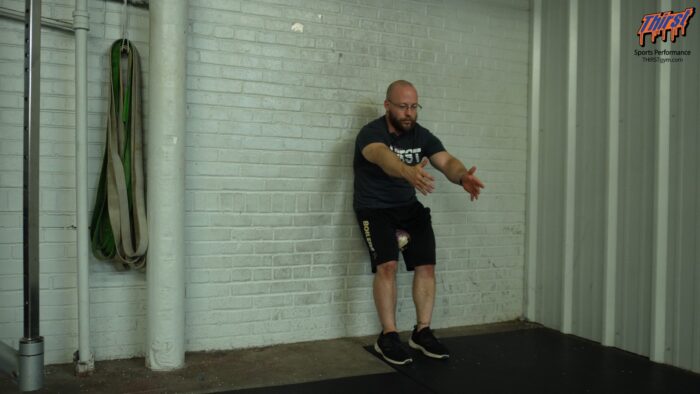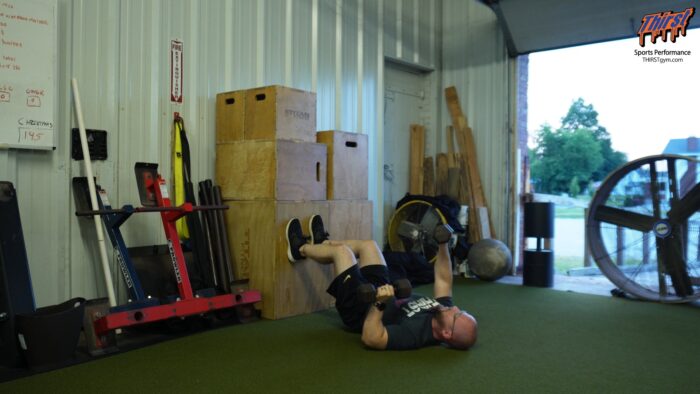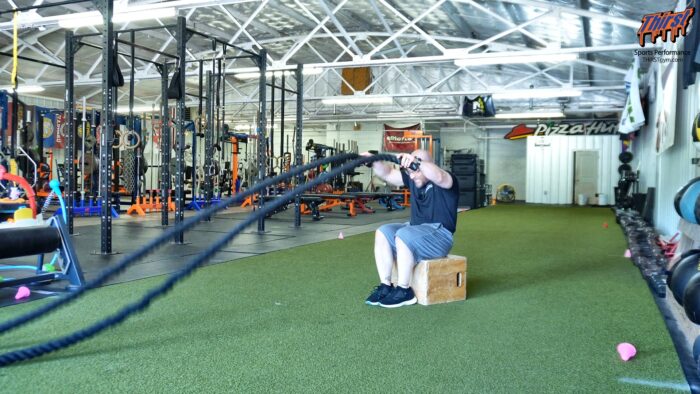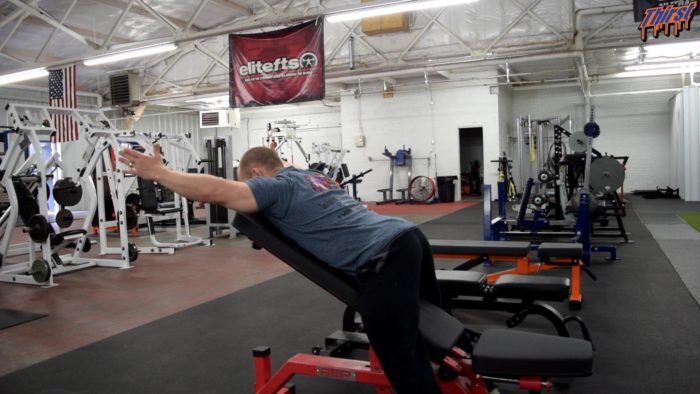PRI Wall Supported Reach
The PRI wall supported reach is a simple yet powerful corrective exercise that addresses anterior pelvic tilt, poor posture, and movement dysfunction using nothing more than a wall and a small object to squeeze between your thighs. This foundational postural restoration technique simultaneously corrects spinal alignment, improves foot contact patterns, and enhances core stability while providing immediate feedback through the wall’s tactile cues. Perfect for athletes, powerlifters, and anyone struggling with lower back tension or postural imbalances, this accessible exercise can be performed anywhere and serves as an essential tool for improving movement quality and reducing compensatory pain patterns.





